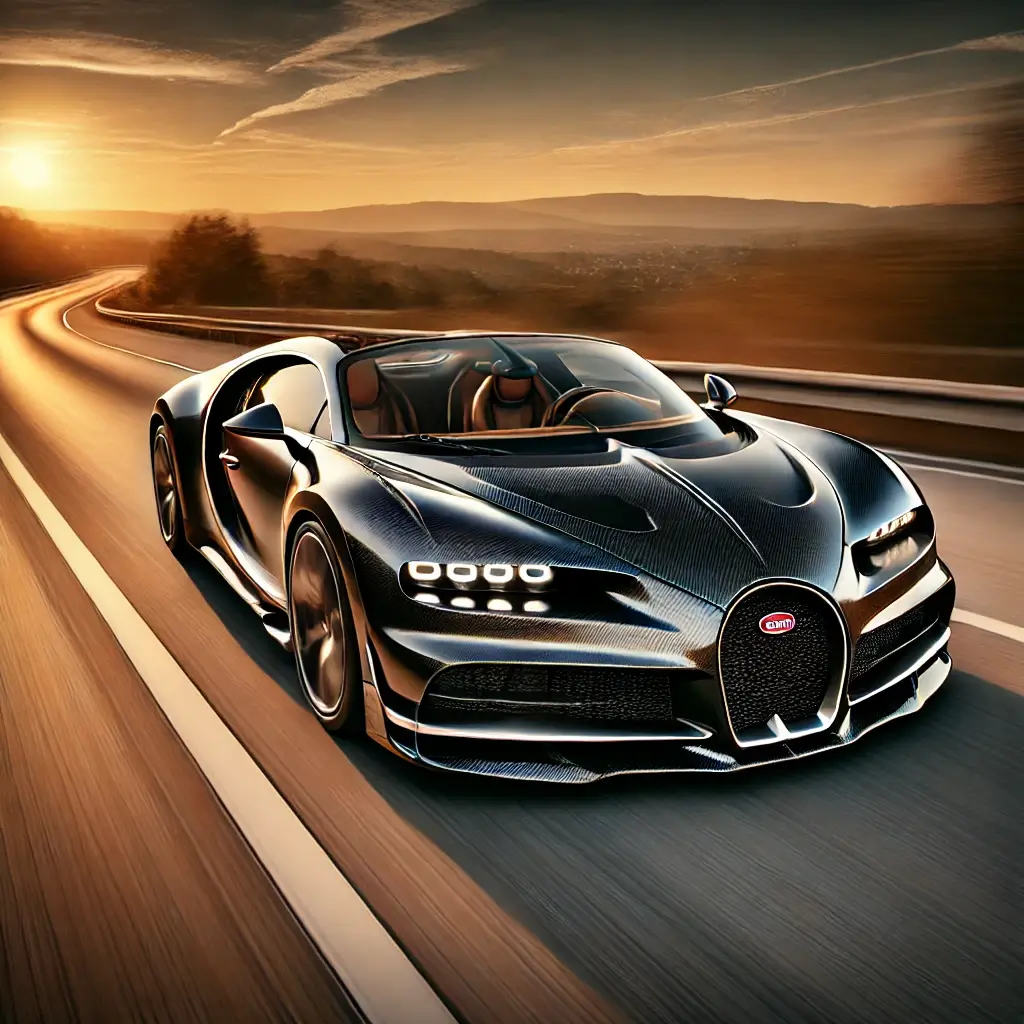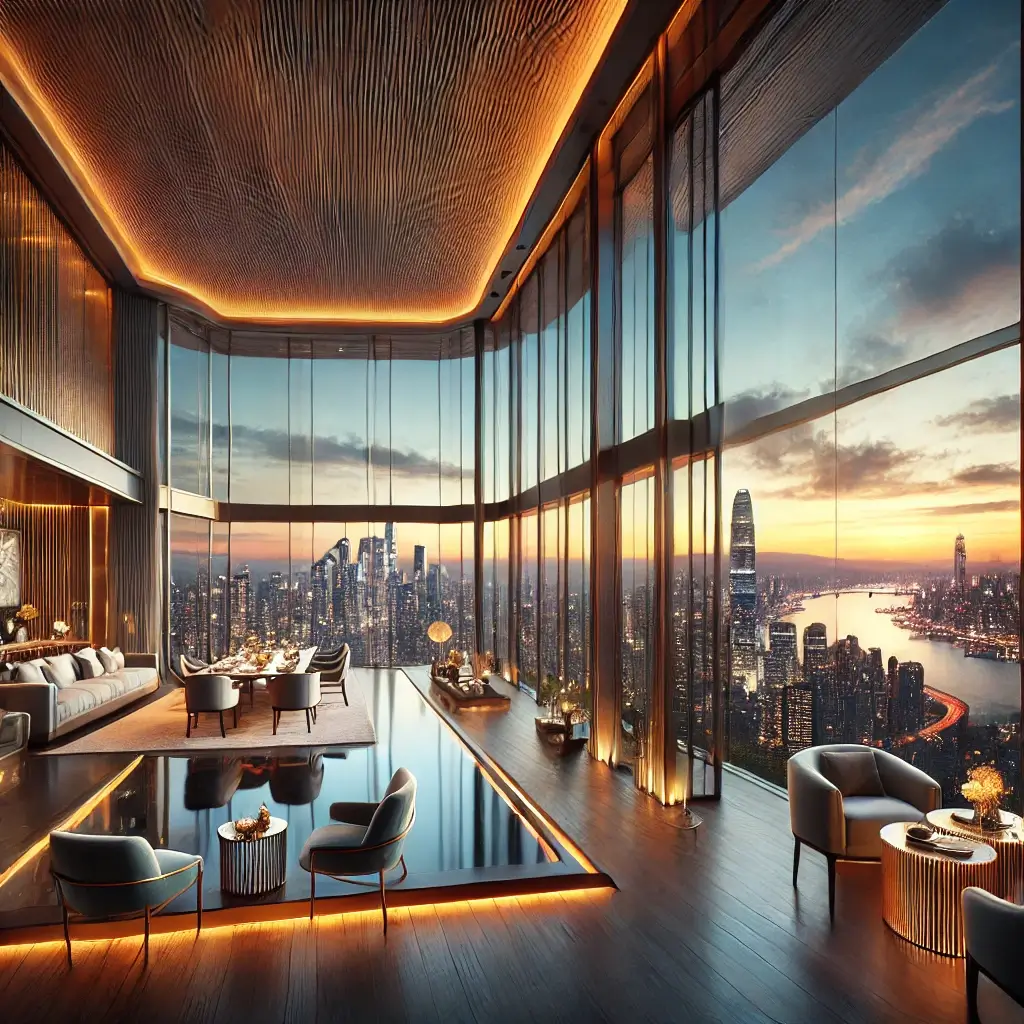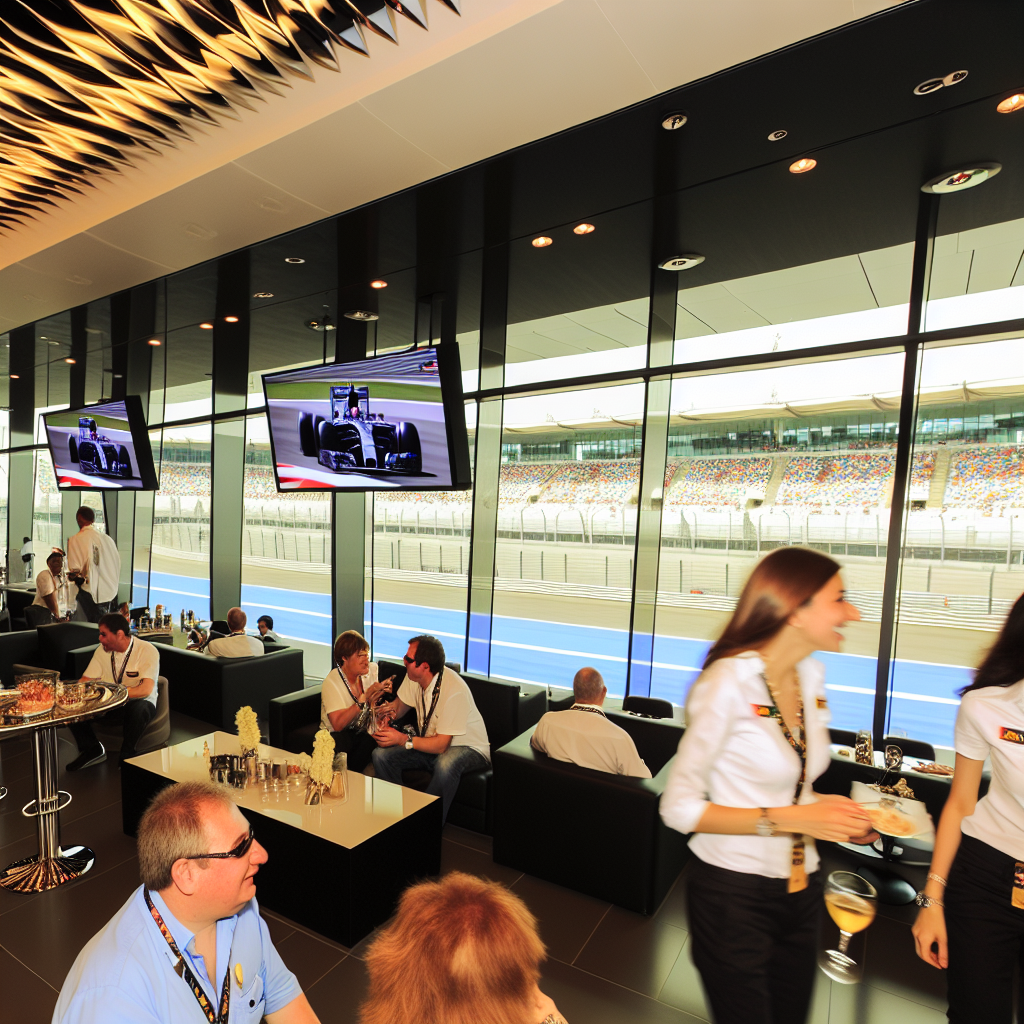A large number of companies get significant creative motivation from popular culture. For instance, fashion designer Demna Gvasalia attributes his accomplishments to Ryan Gosling’s role in Drive. In addition, it is not uncommon to see famous people wearing clothing motivated by the films or songs they were involved in. This practice can benefit a brand’s ability to market its products and raise people’s awareness.
Advertising Campaigns
In the past, luxury firms have shied away from incorporating pop culture references into their advertising campaigns. Recently, though, they have begun to warm up to the idea. One excellent illustration of this is the “Culture of Cool” that Alessandro Michele has established at Gucci. The company has collaborated with key opinion leaders (KOLs) and idols, rethought its logos using artification techniques and introduced holiday-themed capsule collections. In addition, the company has worked together with the music and video gaming industries to entice new customers and communicate with a younger demographic.
This transition has been spurred by China’s burgeoning Generation Z, which is anticipated to become the consumer group with the greatest affinity for luxury goods. They feel that luxury should be accessible to everyone and are passionate about trendy applications, streetwear, and video games. To sell to them, luxury goods worldwide must be aware of the target market’s worldview and culture. To maintain their standing in the industry, they need to adopt a “Culture of Cool” and make it possible for diversity to be a component of who they are.
A further manifestation of the shift in societal norms is the flourishing secondary market for luxury products. Younger individuals are willing to spend astronomical amounts of money on clothing and accessories in order to get desired status symbols, even though doing so may not be financially prudent. This allows them to express themselves creatively while highlighting their uniqueness. In addition, the current economic headwinds have kept people from purchasing luxurious goods.
Luxury has lost some of its air of exclusivity and evolved into a more approachable mode of consumption as a result of today’s increasingly globalized and linked world. It is becoming more crucial than ever to establish a distinctive and relevant identity to engage with the next generation of consumers who purchase luxury products since they are no longer just for the wealthy.
In light of this, the future of luxury goods is rather promising despite the growing wealth gap. Research has shown that income disparity increases the amount of money spent on luxuries. As a direct consequence, the luxury business is more resistant than it has ever been to cyclical economic patterns, and thus, it has seen consistent expansion.
Life Influence
Despite the fast acceleration of technological advancement, pop culture will continue to influence our way of life and serve as a wellspring of ideas for designers. In addition, it is an important tool for marketers to recognize and focus on their primary customer base. As a result, luxury businesses need to have a firm grasp on the significance of popular culture in the modern period and recognize its potential value as a vehicle for expanding their customer base. They can keep their relevance in the long run if they accomplish this. They can forge a relationship with customers that is genuine and long-lasting if they show an interest in popular culture and keep up with the most recent fashion trends. This will guarantee that their businesses continue to be successful and keep them on track with their purpose.

Dominic E. is a passionate filmmaker navigating the exciting intersection of art and science. By day, he delves into the complexities of the human body as a full-time medical writer, meticulously translating intricate medical concepts into accessible and engaging narratives. By night, he explores the boundless realm of cinematic storytelling, crafting narratives that evoke emotion and challenge perspectives. Film Student and Full-time Medical Writer for ContentVendor.com




